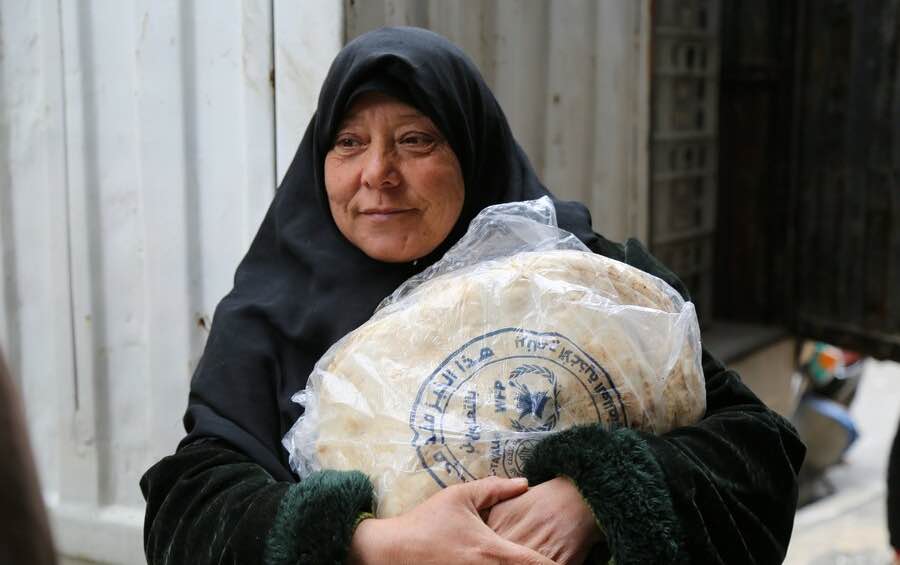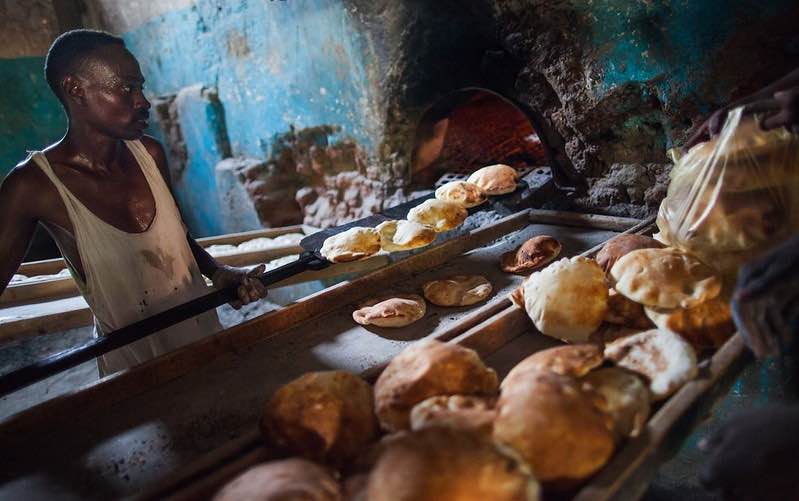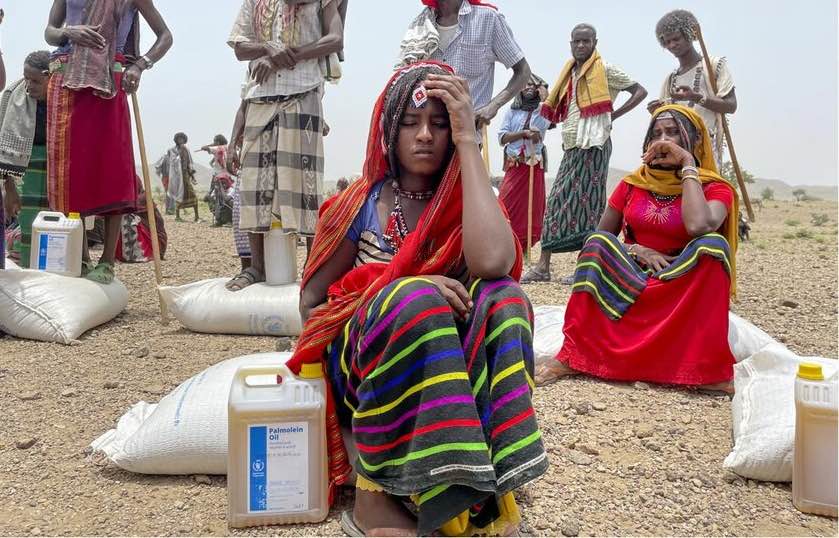Conflicts and other shocks have triggered rising food insecurity and malnutrition in many places around the world. This special blog series examines how these often-overlapping crises are impacting food systems at the global, national, and local levels. Contributors also evaluate policy responses to food system shocks, with a view to finding effective approaches that enhance the resilience of both national and global food systems. The series is co-edited by Joseph Glauber, IFPRI Senior Research Fellow, and Johan Swinnen, IFPRI Director General and Managing Director of CGIAR’s Systems Transformation Science Group.
This blog series was initiated in February 2022 when Russia’s invasion of Ukraine triggered trade disruptions and significant increases in international prices of energy, agricultural commodities, and fertilizer, which were already elevated due to the COVID-19 pandemic and related value chain disruptions. While those impacts are still being felt, this series has expanded to incorporate posts on new conflicts, such as those in Sudan and Gaza, as well as weather-related disturbances and other food system shocks.
Latest Blog
-
Do No Harm: Measured policy responses are key to addressing food security impacts of the Ukraine crisis
Do’s and don’ts to avoid collateral damage.
-
قد يؤدي الصراع القائم بين روسيا وأوكرانيا إلى تفاقم مشاكل الأمن الغذائي التي يعاني منها السودان حاليًا
Chronic economic disruptions meet the market impacts of a distant war.
-
The Russia-Ukraine conflict is likely to compound Sudan’s existing food security problems
Chronic economic disruptions meet the market impacts of a distant war.
-
L’Afrique de l’Ouest est confrontée à des impacts compliqués du conflit Russie-Ukraine sur la sécurité alimentaire
Rising global market prices pose the most serious threat.
-
West Africa faces mixed food security impacts from the Russia-Ukraine conflict
Rising global market prices pose the most serious threat.
-
The Russia-Ukraine war is exacerbating international food price volatility
On top of rising costs for consumers, an additional threat to food security.







